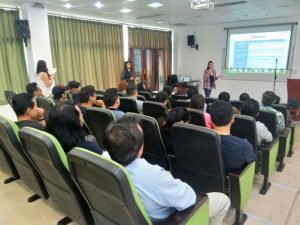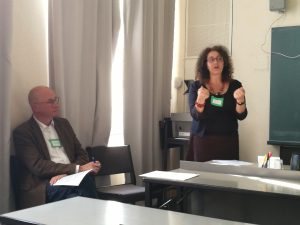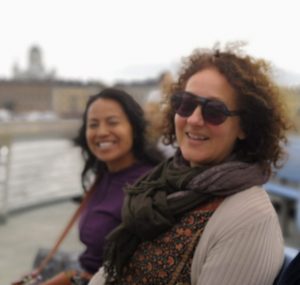
Paola Minoia: “Together with Katy,
I have been interviewed by the Podcast series on Extractivism and Alternatives.” The series is part of different initiatives coordinated within the unit of Development Study of the university of Helsinki, among which the forthcoming Exalt Conference 2020 on “Concurrent crises and sustainable futures: global extractivism and alternatives” in October 2020.
“In this podcast, we talked about the project, how Katy and I met and started our collaboration, and why we think that intercultural knowledge is related to different forms of justice: from epistemic to environmental and territorial. Katy spoke of her lived experiences in the Ecuadorian Amazon and, in particular, of evictions and destruction of villages in the Nankints community due to new mining exploitations.”
The podcast is accessible through this link. There are three versions: one integral version including presentations in Spanish by Katy and translations by Paola, one in Spanish, and one in English only.
“I hope you enjoy this conversation, and please let us know what you think!”
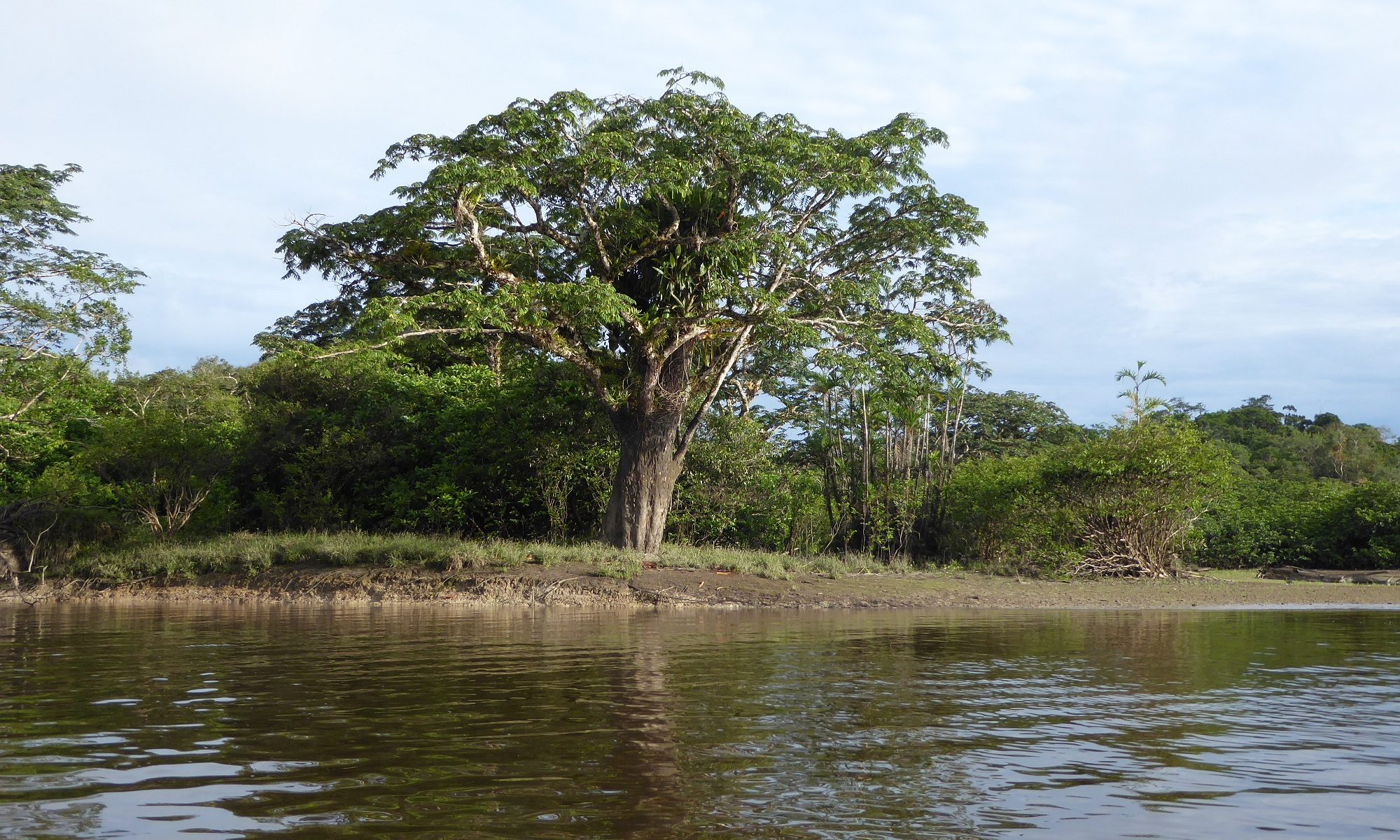

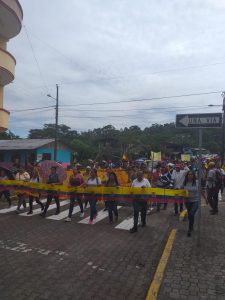
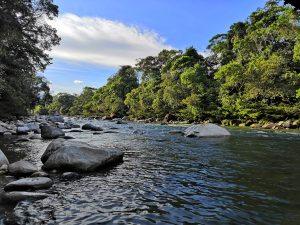

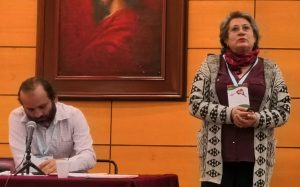
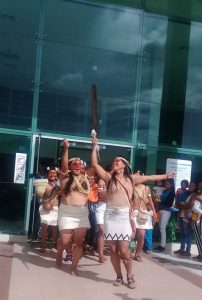 The first reaction of the pekenani (wise elder) representatives of 16 Waorani communities of Pastaza, organized in CONCONAWEP, after the sentence of Judge Pilar Araujo of the Provincial Court of Pastaza that accepted the action for protection and stated that constitutional right of prior, free and informed consultation had been violated, was to dance and sing. The audience hall was flooded by the energy of the Waorani voices and by the dance that drew the glorified dignity. So small was the space that shortly the energy spread to the outskirts; surely that energy connected with its territory, as well as with all the hearts defending the Amazonian life.
The first reaction of the pekenani (wise elder) representatives of 16 Waorani communities of Pastaza, organized in CONCONAWEP, after the sentence of Judge Pilar Araujo of the Provincial Court of Pastaza that accepted the action for protection and stated that constitutional right of prior, free and informed consultation had been violated, was to dance and sing. The audience hall was flooded by the energy of the Waorani voices and by the dance that drew the glorified dignity. So small was the space that shortly the energy spread to the outskirts; surely that energy connected with its territory, as well as with all the hearts defending the Amazonian life.